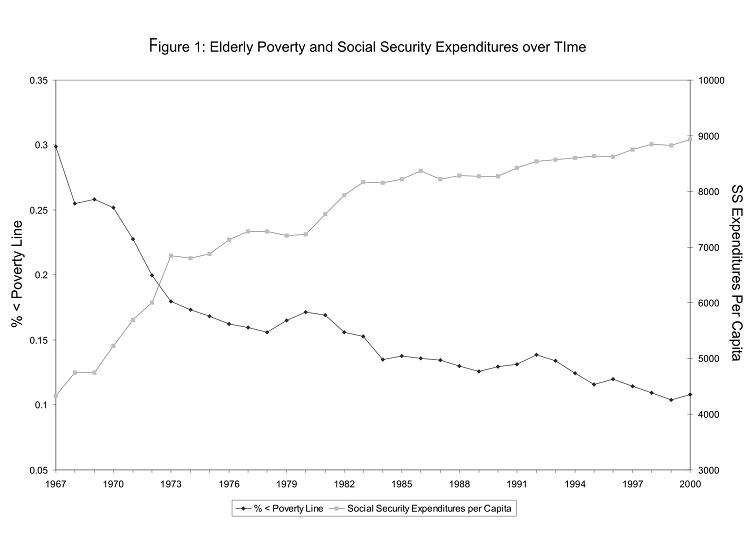The standard conservative response to poverty is to shrug. The standard liberal response to poverty is to talk about education, education, and then after that some more about education. The range from shrugging to rambling about education is apparently the Overton window for talking about poverty. Anything outside that range is totally shut out of the conversation. I do not see much hope in moving conservatives off of their total apathy on the issue of poverty, but part of me holds out hope that liberals might move. Although they are currently on the wrong track, they at least seem to think poverty is a bad thing, which is a good start.
Of course, thinking poverty is a bad thing will only get you so far when you cannot be pried away from the wrong solutions that you have fixated on. And that happens to be the case for the education-obsessed liberals. As I wrote before, the biggest enemies of poverty reduction are those who think like Education Secretary Arne Duncan:
“What I fundamentally believe — and what the president believes,” Duncan told me, “is that the only way to end poverty is through education.“
Interestingly, it is not even clear that education is a way to end poverty. Since 1973, the percentage of the population with a college degree has increased from 12.6% to 30.4%, and the percentage of the population with a high school degree has increased from 59.8% to 87.6%. Meanwhile, the market poverty rate has not fallen since 1967. So how much more education do you suppose we need to knock out poverty? Somehow 40 straight years of educational attainment gains have not caused any drop in poverty rates. It is not just poverty of course: in this same 40 straight years of educational attainment gains, the average market income of the bottom 90% of households hasn’t risen either.
Oddly, Duncan and those like him are not just saying education is a way to end poverty or that education is the best way to end poverty. No, they are saying that education is the only way way to end poverty. Whatever you think about education as a possible way to end poverty, you are undeniably and inarguably wrong to say that it is the only way to do so.
I present to you the massive drop in the elderly poverty rate from 1967 to 2000:

Between 1960 and 1995, the elderly poverty rate dropped from a whopping 35 percent to just 10 percent. Ten percent is not an acceptable amount of poverty of course, but no one would argue that it is not a huge improvement. So how did we manage to do this as a society? The graph kind of gives it away: we sent old people checks through the Social Security program. It turns out that when you have more money, you are less likely to be poor. Believe it or not, this counts as radically outside-of-the-box thinking in our present political climate.
So Arne Duncan is wrong. The Education Reformers are wrong. The Teach for America robots are wrong. It is simply not true that education is the only way to end poverty. And saying that it is to get more money from the Walton Family for your education reform non-profit is viciously stupid.
Additionally, focusing only on education to reduce or eliminate poverty is extraordinarily cruel. It says right from the start that if you are past the point where more education is practical, your poverty will not end. Sorry moms and dads of the world who are simply not in a position to get a degree: I hope the afterlife treats you better.
This focus is also cruel because it claims that the poverty children face is impossible to remedy for as many as 18-22 years. Sorry poor children of America (which by the way is more than 1 in 5 children): if you play your cards right, maybe you will be out of poverty after you get out of college. With the modern life expectancy at 78 years of age, that’s only 28% of your life that we will force you to live in poverty prior to you having even a chance of getting out of it.
We fought poverty once without increasing the education of a single person, and it was super effective. We fought poverty once by giving people cash, and we eliminated 71% of the poverty that was targeted. There is no mystery here, and it pains me to watch those with the microphones pretend that this is some sort of deeply complicated thing. If you want to make poor people not poor, you give them more money, ideally taken from the rich.